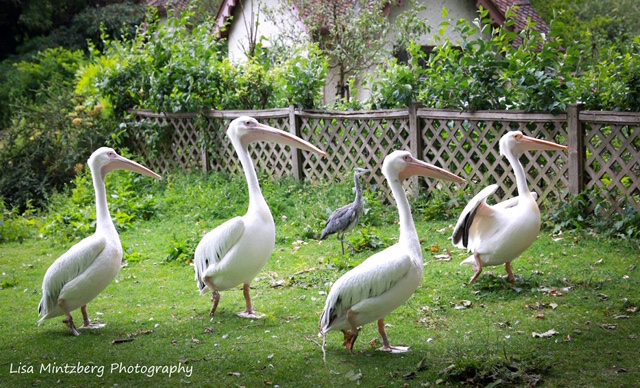Next step: What can we do now?
1 February 2020
The Declaration of our Interdependence was posted here on January 1, for 2020 vision: to rebalance our societies across government, business, and community. What’s next? Action.
Since I published Rebalancing Society in 2015, one question has kept coming up: “What can I do?” The answers are, in fact, all over the place, ranging from confronting outrageous behaviors to adopting B Corp status. So I began to make a list of them, adding a few that don’t exist but should, and now I have organized all this into a single table, as you can see below.
Beyond what I can do to restore balance is what we can do, in our communities, associations, businesses, governments, and all of these together. The answers are grouped in the table in this order, under three main forms of involvement: reframing our beliefs, in order to reverse what is wrong, and renew what can be made right.
Concerning our beliefs, for example if we believe that change must come from “the top”, then those of us not there will sit around waiting for it to happen. If we believe that the wealth of globalization will trickle down to everyone, then we will take what we get. If we believe that democracy is about swinging between the public controls of government on the left and the private forces of markets on the right, then we will not see the role that communities in the plural sector must play in buttressing the power of the other two sectors. With beliefs like these reframed, we can see our way to constructive action, ranging from creating social enterprises not tethered to the stock market all the way to establishing a Peace Council to renew global government.
You can click on any dot in the table to see some of the possibilities, bearing in mind the following:
- These answers focus on rebalancing society, with the ones I consider most important in bold face type. We must address climate change urgently, but my belief is that real headway on this will be made only when we bring our societies back toward balance. The disproportionate power of private sector interests is not only driving climate change—with its imperative of more production for more consumption with more waste and more warming—but also impeding efforts by ourselves and our governments to deal with it.
- This table is not complete: it is a work-in-progress, meant to suggest possibilities for action. Accordingly, please think beyond what you find in these boxes. It is not spectacular creativity that changes the world so much as ordinary creativity, of which we are all capable. (Thus, please share your ideas here or on #ourinterdependence.)
- All of the entries in the table are brief, and some may seem rather general. Bear with me: I just wanted to get down what I could, as a starting point. Many of the entries are linked to sites that explain them (a number in my earlier blogs).
Action is only the first step. We are getting more of it while the problems of imbalance get steadily worse. We can no longer afford to have action all over the place; it must be consolidated into a movement for global reformation. In other words, we shall have to get our collective act together. This will be the subject of the next blog.
Here is the table, to use and augment. Click on any dot to see these possibilities. You may have to expand the table to do so, and close one entry when you wish to see another.
© Henry Mintzberg 2020, adapted from Next Steps on The Declaration of our Interdependence.